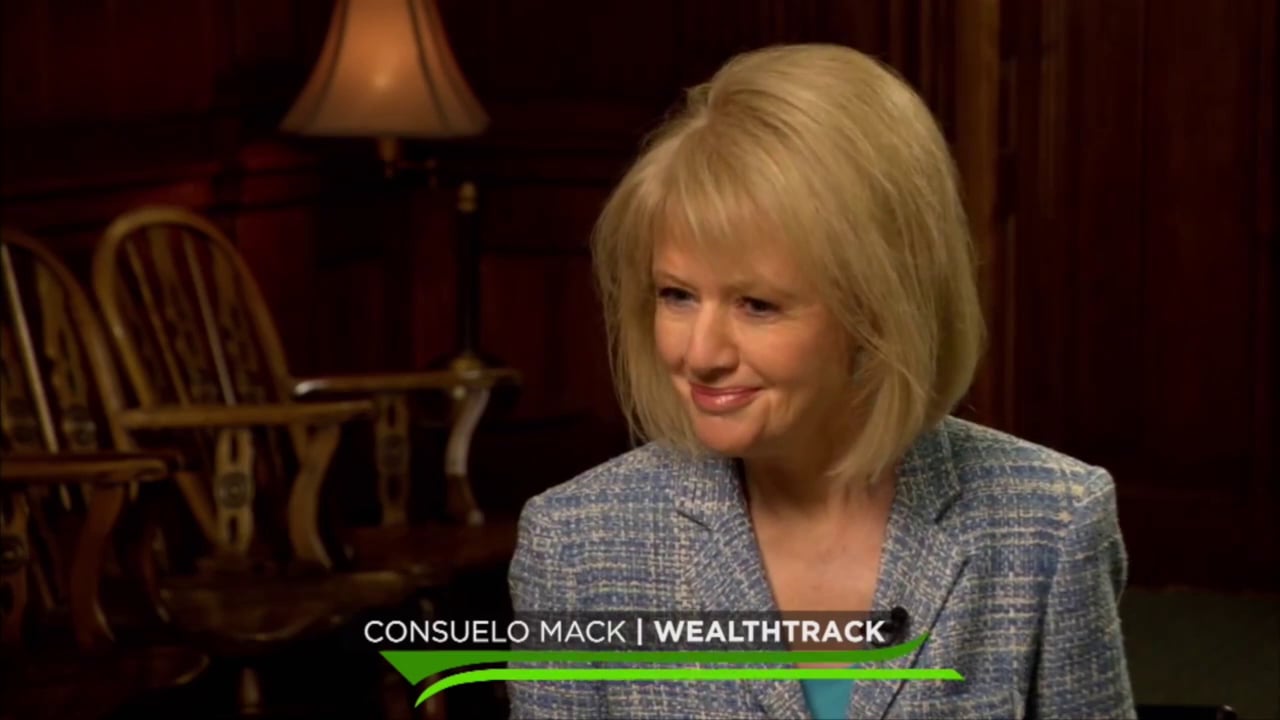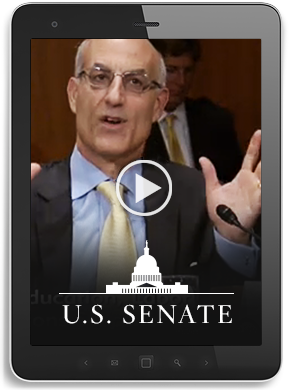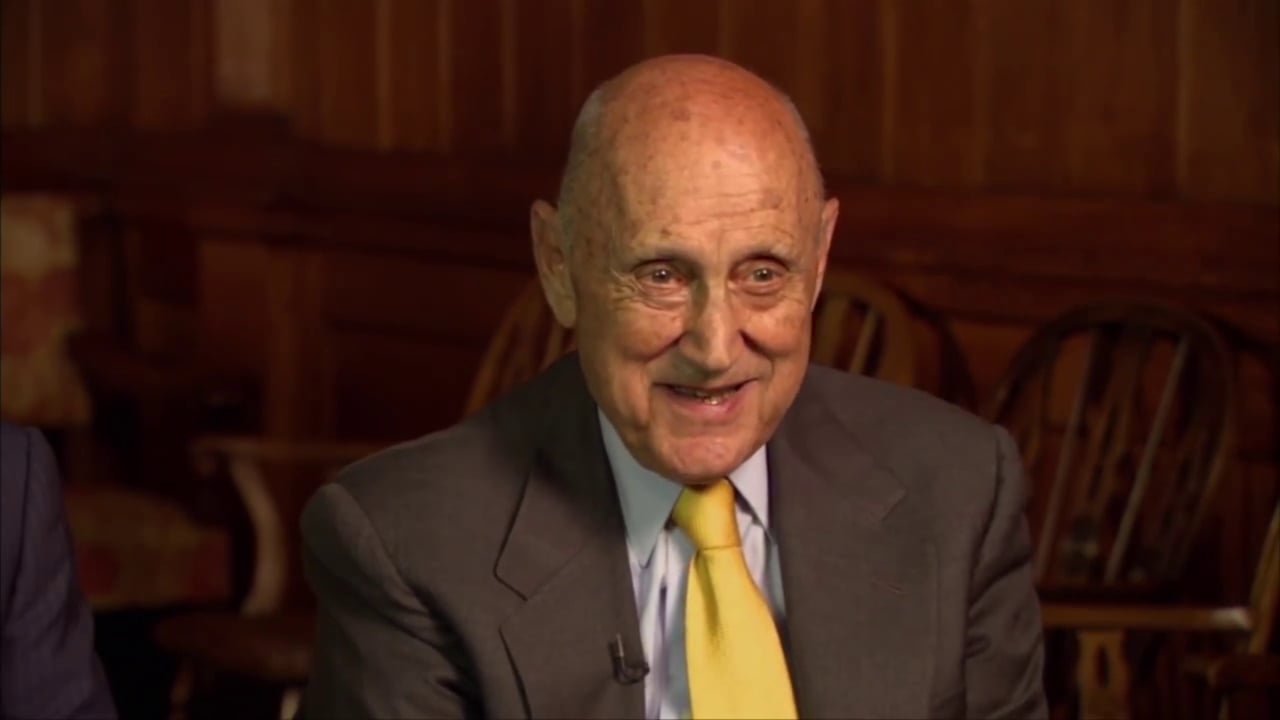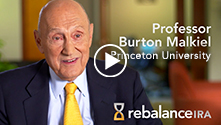Consuelo Mack is a long time fan of Professor Burton Malkiel and Dr. Charles Ellis. In fact, she had both of them on her show several times. So naturally, she was intrigued when Burt and Charley joined the Rebalance team and took a central role leading the firm’s Investment Committee and helping to design and monitor the firm’s retirement portfolios. These two legendary financial thought leaders are very sought after by financial services companies, university endowments, and pension plans.
What is so special about Rebalance? Ms. Mack decided to dedicate a 30-minute episode to how the firm is part of a new generation of investment advisory companies that leverage technology and innovative business models to provide consumers with fundamentally more attractive and lower-cost retirement investing options.
In this segment, Professor Burton Malkiel and Mitch Tuchman explain Rebalance’s approach to retirement investing:
Consuelo Mack: This week on Wealthtrack, putting your retirement portfolio on autopilot. Financial thought leader Burton Malkiel has teamed up with online investment advisory pioneer Mitch Tuchman to offer retirement portfolios of low-cost index funds that automatically rebalance. Why they believe the combination will lead to smooth retirement landings is next on Consuelo Mack Wealthtrack.
Consuelo Mack: Mitch, what is Rebalance?
Mitch Tuchman: Rebalance is an investment management firm and we focus on everyday investors who have between $100,000 and $1,000,000. Generally they’re over 45, and we manage their retirement assets for them and we help them. Our mission is to help people retire with more. They are not do-it-yourself investors. And we manage their money in a very low-cost way, under a fiduciary standard, and we offer them a credentialed, highly trained advisor and a support person as their team to work with, and we execute an investment methodology that I’m sure we’ll talk a lot about because this man sitting next to me is responsible for having invented quite a bit of it.
Consuelo Mack: Right. So, Burt Malkiel here you are. You are an investment icon and I’m sure that you get approached many times a day, a week, whatever to get your name on a committee and to get involved in a company because anyone would love to have your reputation behind them. So why did you get involved in Rebalance?
Burt Malkiel: Well, because I wanted to put my name behind something I really believed in, and I think, as Mitch just said, that most people just get terrible investment advice. They get it from people who are conflicted, who are not necessarily interested in the investor’s best interest, but are interested in their own and, therefore, they’re very high-priced and they put investors into the kind of funds where they get an extra commission, so the funds themselves are very high-priced and so I would only put my name behind something that I absolutely believe in. We use nothing but index funds, low-cost index funds, at Rebalance. I’ve believed in indexing from before the time that index funds even existed.
Consuelo Mack: Right.
Burt Malkiel: I believe that there are extra returns available from rebalancing the portfolio periodically, and so my answer is very simple, this was something that operates on principles that I’ve believed in all of my life and I’m delighted to do that, particularly, if it is likely to help individual investors saving for retirement because if we’ve got a crisis in this country, the crisis is that so many Americans have inadequately saved and inadequately invested for their retirement and are likely to have a much less good retirement than they should have.







